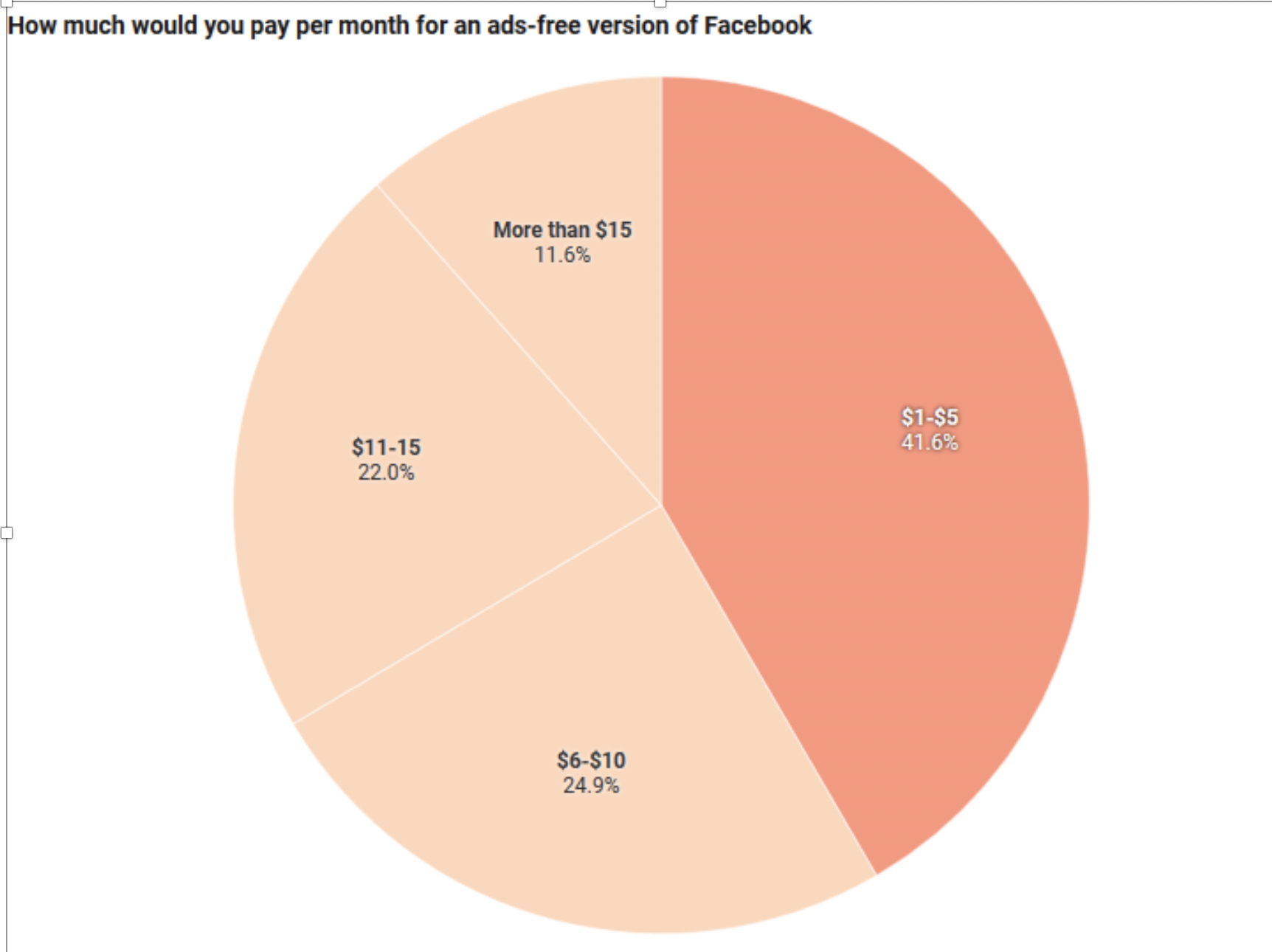The Arab Spring that destabilized governments in the Middle East began in the spring of 2011. Nearly a decade later, the full repercussions of the uprisings are starting to hit home with some governments adopting a new strategy to curtail their influence: taxing social media usage. Arab Spring protesters primarily used social media networks to successfully effect regime changes. And now some autocratic governments are hitting back by trying to limit citizens’ access to these tools. One such country is Uganda.
The East African nation with a population of 43 million has become the latest country to attempt to gag the voice of its citizens after imposing a social media tax intended to ‘‘curb gossip.’’ The Ugandan government has introduced a tax of 200 Uganda shilling (5.4 cents) a day to use social sites such as Facebook, Twitter, WhatsApp and others.
And, perhaps to the delight of the Ugandan government, millions of its citizens are quitting these networks.
Psychological impact
The daily levy was introduced in July 2018 on roughly 60 online platforms to tame what the government terms as “idle talk” and also as a means to raise revenue. To use these sites, Ugandans now have had to cough up the equivalent of $1.62 per month.
That doesn’t sound like much until you realize that millions of Ugandans have already abandoned social media sites after the tax made its debut. According to StatCounter Uganda’s Facebook subscriptions declined to 59.3 percent of internet users in January 2019 from 82.8 percent in June 2018 just before the levees were announced in July. Roughly 40 percent of Ugandans have access to the internet, so that works out to nearly 4 million Ugandans who have quite FB since the regressive tax was introduced.
Why have so many Ugandans quite FB since the introduction of the seemingly affordable social media tax? The cost of living is much higher in the US than it is in Uganda. Based on Purchasing Power Parity (PPP), a dollar in Uganda buys you 3x as much mileage as in the US. So that $1.62 works out to roughly $5 a month in the US. Still doesn’t seem like too much—until you consider that income levels in the US are more than 40x higher compared to Uganda.
Related: Tech Giants Lead Renewable Push
Then factor in the psychological impact of charging for a freemium service.
About two years ago, there was talk of Facebook offering an ad-free subscription option. To offset Facebook’s ad earnings, Facebook users in the US and Canada would have to pay roughly $7 per month. Yet, a survey by Recode revealed that only two-thirds of FB users in the US would be willing to pay more than $5 per month for an ad-free version. That’s roughly 70 million users who would rather view those cheesy ads than cough up a fiver a month for a clean, user-friendly experience. Bearing this in mind, it would not be a stretch to assume that many more than four million users would abandon the site completely if Facebook started offering a $7 per month service as the only option.

(Click to enlarge)
Source: Recode
Heavy repercussions
The ICT sector is one of Uganda’s fastest growing contributing to 6 percent of GDP. It therefore comes as little surprise that the government itself is feeling the heat of so many social media users taking flight. In a series of tweets, the Uganda Communications Commission has revealed that in the first three months alone, total internet subscriptions declined by more than 2.5 million users while taxpayers from over-the-top(OTT) media services fell by 1.2 million users. Meanwhile, the value of mobile money transactions fell by $1.2 million.
However, not all government uses of social media for social welfare is nearly as sinister. Here in the US, the government has been working out less brazen ways to leverage social media networks to achieve its objectives. The IRS wants to use social media to catch tax cheats, noting that Americans underpay their taxes by $125 billion each year with tax evaders pushing the yearly net tax gap to $400 billion. The IRS has proposed scouring social media networks like FB, Instagram and Twitter to discover taxpayers’ locations and income sources. Currently, the organization has no tools to access this public information or compile social media feeds.
With corporate deficits having declined $92 billion and budget deficit having swollen to $782 million under the Trump administration, the IRS can certainly use all the help it can get.
By Alex Kimani for Safehaven.com
















